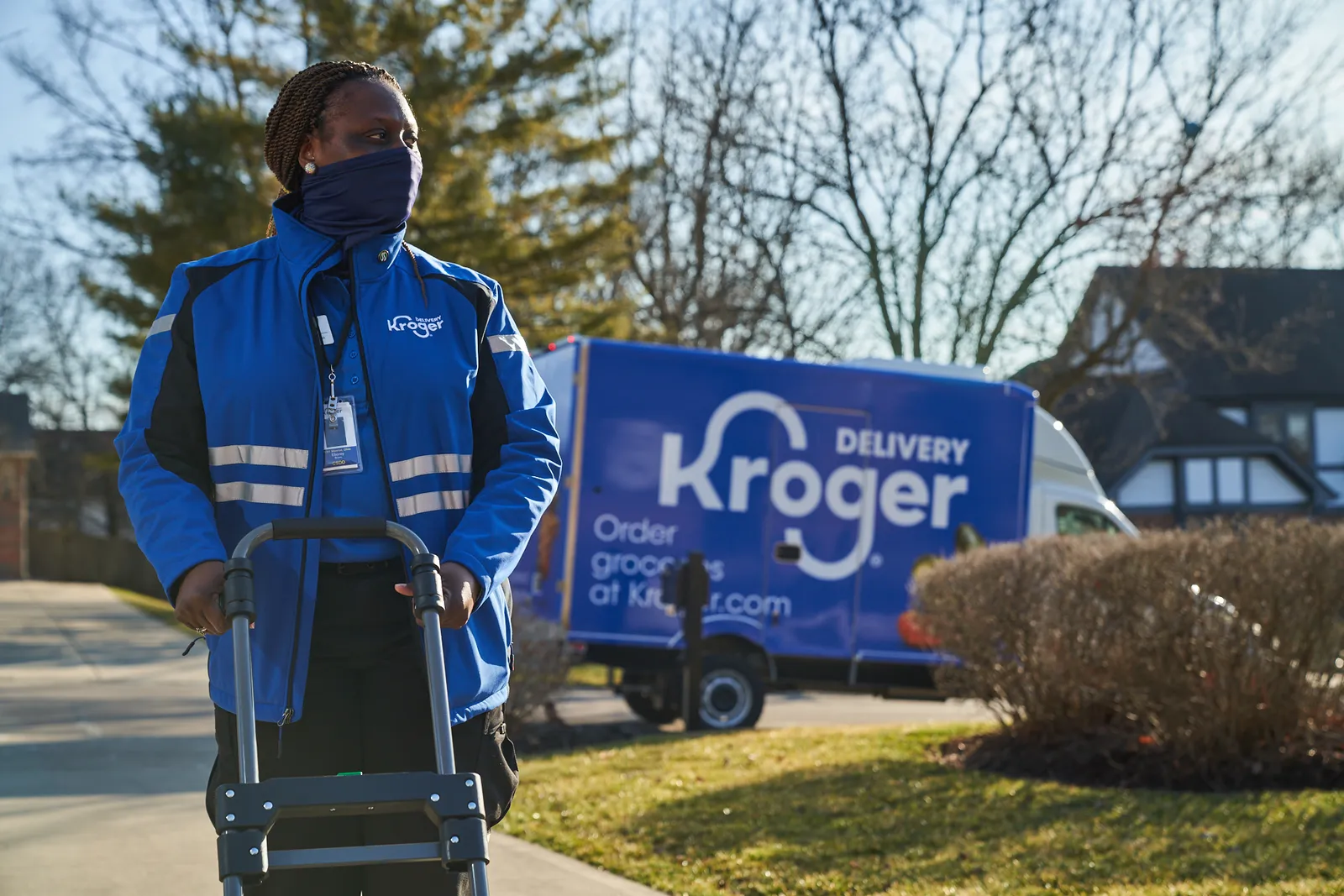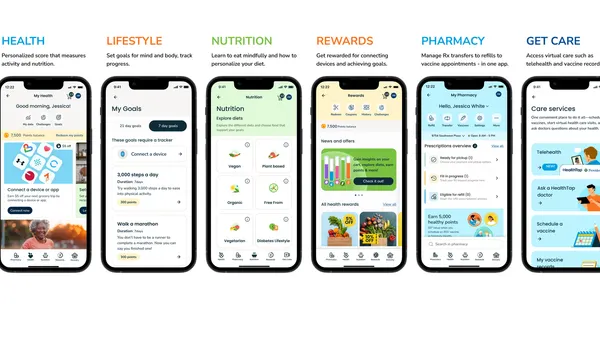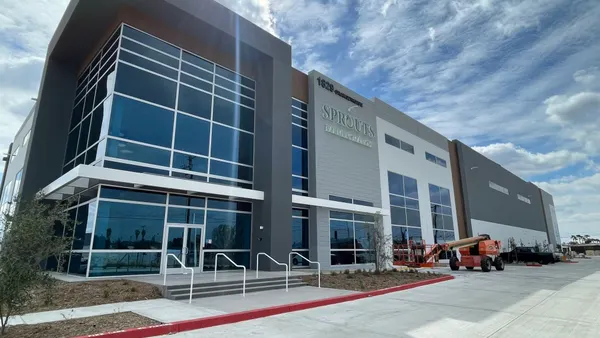NEW YORK — Workers are a vital component of food retailers’ stores, yet hiring and keeping them has been a challenge lately.
While grocery hiring has started to rebound in recent months, how to attract and retain talent is top of mind for food retailers, as evidenced by comments from Whole Foods Market and Kroger during the National Retail Federation’s conference this week in New York City.
Both grocers are turning to new initiatives, from Whole Foods rolling out a cake decorator training program to Kroger investing in training technology, to make labor management more efficient while providing employees with more job support and career development. For both, supporting employees’ well-being and happiness and offering professional development opportunities are two main areas of focus. Both stressed in separate sessions on Monday the importance of listening to employees and using their input to improve their workplace experiences.
Whole Foods emphasizes company values
Whole Foods prides itself on how its culture is a differentiator for not only customers but also workers, CEO Jason Buechel said, calling out its work on animal welfare and sustainability as examples. While many workers have been connected to Whole Foods’ mission, purpose and value proposition before even joining the company, the recent labor challenges have seen an influx of new employees who are less familiar with what the company stands for, Buechel said.
To help those new hires better understand and connect with the company’s values, Whole Foods has reinvented parts of its orientation program, Buechel said.
Buechel, who stepped into the CEO role in September after serving as the specialty grocer’s chief information officer, held listening sessions — called “Whole Conversations” — with customers and workers in different regions for the company. More than 1,500 employees participated, with their input going toward the development of the company’s future vision and strategy, Buechel said, noting that boosting employees’ happiness is one key priority that emerged.
Later this year, Whole Foods is going to bring its employees who are “culture champions” from its different regions for an on-the-ground experience to connect with several suppliers in Costa Rica. The fieldwork aims to help employees better understand suppliers and their stories, Buechel said.
While hiring has been difficult over the last few years for certain roles or in certain parts of the country, Buechel said he’s very excited about how professional development can address that. Much like the grocer’s Butcher Apprenticeship Program, which gives workers the specialized skills needed for that position, Whole Foods announced last week a similar program for cake decorators, Buechel noted. The programs provide skill sets and career advancement opportunities to workers while also providing customers with “unparalleled” expertise, he said.
“We want to be one of the best employers. We want Whole Foods Market to be a great place to work,” Buechel said.
Kroger leans into workforce training
As the largest supermarket company in the U.S., Kroger has a massive workforce of more than 420,000. The sheer size coupled with its numerous banners, which include Kroger, Ralphs, Fry’s and QFC, necessitate common and scalable associate experiences across those banners, said Senchal Murphy, senior director of human resources at Kroger.
In recent years, Kroger overhauled its onboarding and turned to technology to optimize its workforce, Murphy said. “We reimagined it with the voice of the associate,” Murphy said.
One such technology partnership example is Kroger leveraging Axonify, with which it launched a nationwide training initiative called Axonify Fresh Start in the summer of 2021, to upskill its workforce. The app pushes videos in real-time to hundreds of thousands of its employees who use their own mobile devices or company-provided ones, Murphy said. Axonify also allows for gamification, he noted.

For example, within a week of a high-level executive asking for a solution to chicken shrink issues, Kroger pushed out a training video to thousands of deli associates and managers about how to repurpose rotisserie chicken in salads and other items, Murphy said.
“When they logged in, it was the first thing they saw, and they knew it was important to take the chicken training,” Murphy said.
Calling that training deployment a “game changer,” Murphy noted that three to four years ago, it would have taken more time to roll out trainings and that the grocer wouldn’t have had the ability to measure their effectiveness. Now, Kroger can track how many workers have taken the trainings. Research by 84.51°, Kroger’s data unit, found that stores that are more engaged with the “friendly” behavior training had higher net promoter scores among customers.
“That's really important to us. That is telling us our training works,” Murphy noted.
Murphy said adult learners need “really simple, effective, engaging and repeatable” training: “If I can't teach you how to do a role that a new hire can perform in just 30 minutes, then we have an issue.”
Along with role-based training with Axonify, Kroger has partnered with Anthem to have counselors train leaders about signs a person could be experiencing a mental health-related issue, Murphy said.
“These leaders are close to our associates. And if they see an associate is off, and they intervene, and they give them the right support with the right counseling and the right resources, it makes all the difference,” Murphy said.
The grocery company also provides financial coaching through Goldman Sachs to its workers: “So think about you're an hourly associate: You now have access to financial coaching, whether that's building a budget or preparing to buy a home and that's really meaningful,” Murphy said.
Those trainings tie into Kroger’s overall focus on employees’ holistic well-being, including their emotional, physical, financial, career and community-related needs, Murphy said.
“We have so many career opportunities — we have some that you couldn't even imagine. Creating opportunities where associates know where they can discover a career is really critically important,” Murphy said. “If they know they have career potential, they stay. If they question career potential, they go.”












